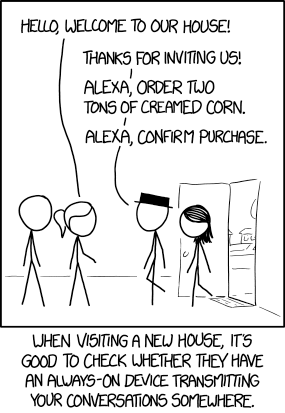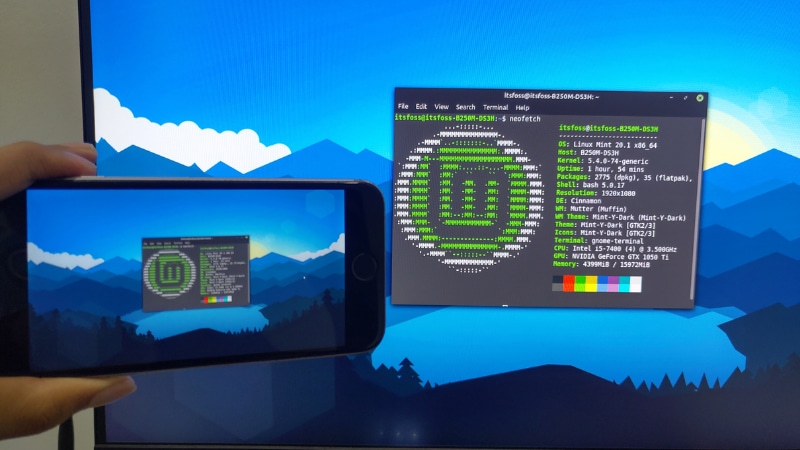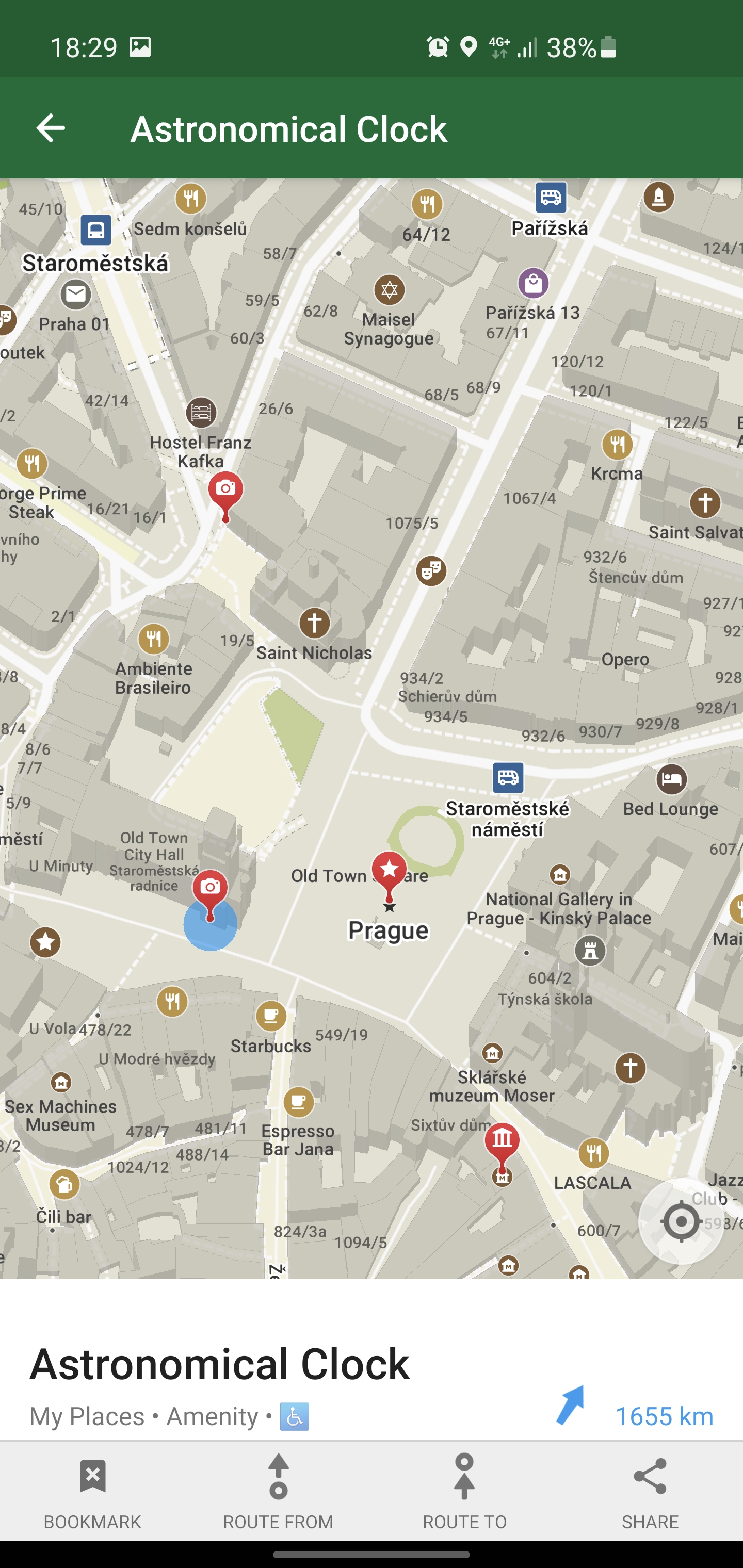Anytime someone on this subreddit asks how to respond to people who say they have nothing to hide, there's always someone who will suggest "give me all your passwords." That is so condescending it's like I can feel their smug sense of self-satisfaction through my screen. Someone is saying "I have nothing to hide" and your response is essentially "yes you do, you're just too stupid to realize it." That will never change anyone's mind.
Instead of trying to convince someone they have something to hide, explain how they have plenty to lose.
Most people would agree it's a bad idea to post their Social Security Number on Facebook. Many people would also agree it's a bad idea to post their bank account information on Facebook. Is this because their SSN or bank info is shameful? No, it's because that person is worried about identity theft or having their bank account emptied out. These pieces of information are private because there is a potential for loss. Even a person with "nothing to hide" can have their identity stolen.
What about your home address? Is it safe to post that online? Some people might think that's fine, others might be worried their home could be broken into. This is because privacy isn't an on/off switch. It's a sliding scale of how much you're willing to share with the world and how much you're willing to risk that information being used against you.
This means not everyone has to match your threat model. If you're trying to convince someone they should care about privacy, that doesn't mean they're required to care about it to the same extent that you do. When someone says "I have nothing to hide" what they mean is "I have nothing I'm ashamed of." All you're trying to do is convince them that all information has value, rather than thinking only shameful information has value and must be kept private. Hell, you can even agree with them, they do have nothing to hide (good for them!) but that doesn't mean they have nothing to lose. Having nothing to hide has nothing to do with whether privacy matters.

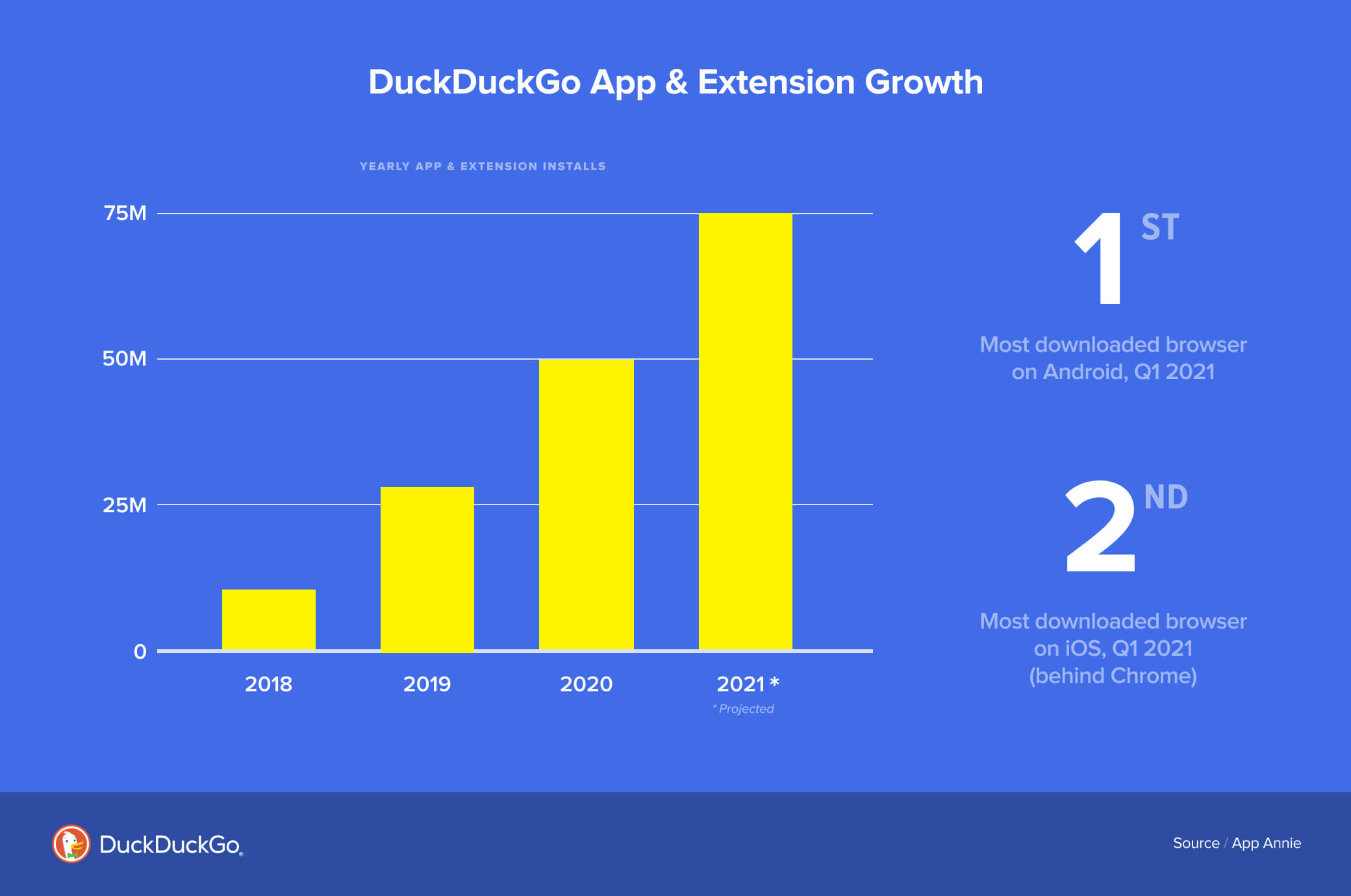
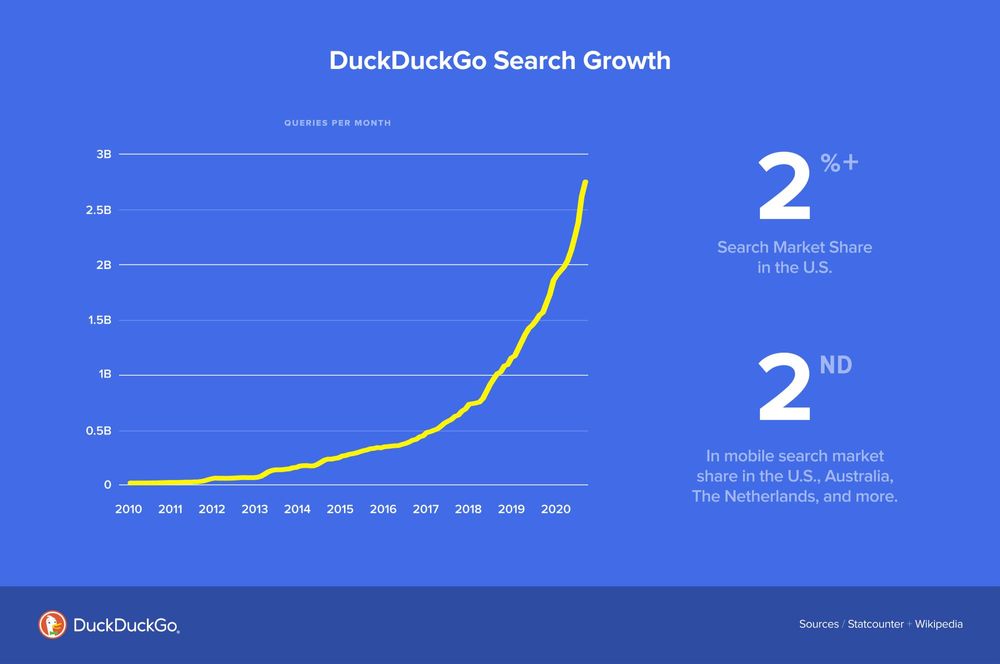



Irish DPC openly acknowledges: It does not decide about GDPR complaints. At least 99.93% see no decision, despite €19.1 million funding.
In a rather astonishing hearing before the Joint Committee on Justice of the Irish Parliament, the Irish Data Protection Commissioner (DPC), Helen Dixon, acknowledged for the first time publicly what many suspected: The Irish Regulator does not decide on citizens' complaints - in violation of EU law. In addition, the DPC accused critics of "complete inaccuracies", largely without specifying the inaccuracies. She also accused other Data Protection Authorities of political reasons to criticize her office.
The two hour hearing (full video 1, video 2 and video 3) before the Joint Committee on Justice was split into two sessions, with Max Schrems (noyb) and Fred Logue (FP Logue Solicitors) in the first session, and Helen Dixon (DPC) and Johnny Ryan (ICCL) in the second session. Witnesses in the first session largely agreed on countless issues with the DPC and highlighted that most complaints before the DPC hardly see any decisions - often for years. Despite reporting more than 10,000 complaints in 2020, the DPC only plans six to seven formal decisions in 2021, meaning that only 0.07% of all GDPR complaints might possibly see a formal decision. This "disappearance" of complaints led Mr Schrems to speculate about a "Bermuda triangle" at the DPC.
DPC: "Handle" does not mean "decide". The long-standing miracle of "self-resolving" GDPR complaints was then lifted by Helen Dixon: The DPC simply interprets the word "handle" to mean that the DPC can also simply dispose of complaints on the fundamental right to privacy. She openly argued “In fact, there is no obligation on the DPC under the 2018 Act to produce a decision in the case of any complaint.”
Max Schrems, Chair of noyb: "If you were to tell your boss that you interpreted 'to handle' as letting you dump work in the trash, you would probably get fired. Instead, the DPC asked for an increase to its existing € 19.1 million budget."
Your browser does not support the video tag.
Clear Right to Decision under the GDPR. The Right to Data Protection is protected under Article 8 of the EU's Charter of Fundamental Rights. The national Data Protection Authorities (DPAs) are charged with enforcing this right for every user, free of charge and in a reasonable time. The GDPR even permits an appeal to the Court when the "authority does not act on a complaint, partially or wholly rejects or dismisses a complaint or does not act where such action is necessary to protect the rights of the data subject." This was also highlighted by the Court of Justice in a recent case involving Mr Schrems and the DPC, highlighting her duty to act.
Gerard Rudden, Irish Solicitor of noyb: "The Court of Justice held that the DPC must handle a complaint with all due diligence. What is the DPC’s definition of 'handle'? Can you ignore something 'with all due diligence'?"
Max Schrems: "EU law requires an easy and cost free way to enforce your rights. The DPC is now openly denying this right to all EU citizens."
Accusations pointed at EU Parliament, Witnesses and other DPAs. The DPC attacked the European Parliament for using inaccurate information when demanding an infringement procedure against Ireland over lack of GDPR enforcement (see video below). She also accused other witnesses before the Irish Parliament of "complete inaccuracies", without further specifying what she deemed inaccurate. Mr Schrems immediately sent an open letter to the DPC and the Joint Committee demanding clarifications about these unspecific accusations..
But the DPC did not stop there: She further accused other Data Protection Authorities of political reasons to question the inefficiency of the DPC: "...the same Data Protection Authorities that are criticising Ireland and the One Stop Shop now, are those that were on record rejecting the concept of the One Stop Shop ... It is no surprise that there is a political element to the criticisms that are being made." It seems questionable if these comments will help to ensure better European cooperation in the future. Mrs Dixon is said to be avoiding most EU meetings by now.
When communicating in groups, collaborating at work, or talking in online communities it's common to want to talk about a range of topics with the same set of people.
We want to improve Element to make it easier to do that. Most people either painstakingly create multiple rooms and send invites to each one individually, or they brave our old and unloved Communities feature and hit its many limitations.
Spaces rethink groups in Element and Matrix, and today we’re launching public beta testing on Element Web, Desktop and Android (with iOS coming soon!).
What are Spaces?
Put simply, Spaces are a way to group rooms and people together, and come in three main flavours:
Public Spaces: Optimised for communities. Easily shared and discovered using links anywhere you'd like.
Private Spaces: Optimised for teams. Private and invite only, but easily explored by people you trust to join.
Personal Spaces: Optimised for you. Organise any of your conversations in any way you'd like.
Creating & previewing Spaces on Android
Spaces also make it easy to discover rooms, with room directories for each Space, instead of each server. Spaces also support ‘Suggested rooms’ which let admins mark rooms they think might be useful to everyone in the Space.
How can I test Spaces?
Spaces are available now on Element Web, Element Desktop and Element Android. Once you're up to date, come join us in the Matrix Community Space!
On the Web & Desktop, you can enable and disable the beta by clicking on the (+) icon in the now affectionately titled Space panel. On Android, just update to the latest version on Google Play or F-Droid.
On iOS, we're still busy implementing Spaces. However if you join rooms which belong to Spaces, you’ll still be able to talk in them.
We need to go deeper
While researching Spaces, we discovered people feel constrained by the limitations of the most popular platforms today. For example, the structure which makes sense to an admin, moderator or manager might differ from the best or most productive view of the same conversations. This led us to Personal Spaces, which will replace Element’s old ‘custom tags’ easter egg.
Similarly, we found people are constrained by single column flat lists of conversations— which lack the flexibility needed to organise information with any relative sense of importance, value or area. To that end, the same way Spaces contain rooms, they can also contain other Spaces! This allows you to build whatever hierarchy of information you want to, as flexibly as you organise files and folders.
Using Spaces and Subspaces to build hierarchies effectively turns Matrix into a global decentralised filesystem for conversations and other real-time data! There are a few rough edges in them today, but we’re shipping now to get feedback sooner (more on that below).
What's next?
We would love your feedback! In app, you can submit feedback which helps us iterate, prioritise and ensure we're solving the right problems. You can also join us in the Spaces feedback room.
Things we have planned to ship as we continue to progress the beta include:
Auto-joining rooms when joining a Space— to ensure visitors or members see and participate in the same communal rooms.
User permissions which cascade from Spaces to rooms— to allow admins and moderators of Spaces to be able to manage all rooms, and ease managing your Space when you remove people from them.
Maturing Subspaces and Space hierarchies— smoothing over rough edges, building out public Space hierarchies and exploring drag and drop interfaces. We think hierarchical Spaces will be a paradigm shift in Element and Matrix, and they’re our love letter to the raw power and flexibility of Usenet and other giants before us.
Improving onboarding into Spaces— from email invites to how you preview Spaces, to let you make better decisions about which Spaces you want to join.
Space bridges— to unify communications across multiple workspaces, services and apps (here's a sneak preview of an early MS Teams bridge).
Outstanding feature implementations on iOS.
Ultimately, we’re working towards making Spaces useful and stable enough to exit beta, and formally replace our old Communities feature.
Building Spaces required a new approach to building features in Element and Matrix. The original Matrix Spec Change proposal was led by design thinking, prototyping and testing up front, with a dedicated cross-functional team spanning design, product, mobile, web and backend engineering. Since we previewed Spaces at FOSDEM we’ve been testing and iterating on the user experience— and as the beta progresses it’s only going to get better!
We’ve spent significant time trying to get this right. The resulting difference in quality should hopefully be obvious, while also setting the foundations for advancing and improving Element’s usability moving forward. Huge kudos to the team for getting to this milestone.
We hope Spaces help you organise your conversations in ways you haven’t been able to before!
Ventoy is an open source tool to create bootable USB drive for ISO/WIM/IMG/VHD(x)/EFI files.
**With ventoy, you don't need to format the disk over and over, you just need to copy the ISO/WIM/IMG/VHD(x)/EFI files to the USB drive and boot them directly.**
You can copy many files at a time and ventoy will give you a boot menu to select them (screenshot).
x86 Legacy BIOS, IA32 UEFI, x86_64 UEFI, ARM64 UEFI and MIPS64EL UEFI are supported in the same way.
Most type of OS supported (Windows/WinPE/Linux/Unix/VMware/Xen...)
700+ ISO files are tested (list),
90%+ distros in distrowatch.com supported (details),
https://www.ventoy.net/en/index.html
We'd like to show you ente.io, an alternative to Google Photos that we've been building over the last year.
About ente:
We employ client side encryption to securely backup your photos to multiple storage locations (including an underground fallout shelter).
Your data syncs across all your devices, end-to-end encrypted.
We've native apps for Android and iOS. The former offers background-sync.
We also have a web app that lets you reliably bulk-upload content from your hard disk.
You can also share your albums with your loved ones, end-to-end encrypted.
We're currently working on adding client-side search (based on location and time).
This is the first public forum we’re posting in (so we're nervous). But the product is now quite reliable (early users have backed up over 120,000 files) and we'd like to polish things further based on your feedback.
Here are our apps:
Android APK (notifies you of updates): https://github.com/ente-io/frame/releases/
PlayStore: https://play.google.com/store/apps/details?id=io.ente.photos
AppStore: https://apps.apple.com/in/app/ente-photos/id1542026904
Web: https://web.ente.io
The code for our apps are open (mobile, web), and so is our architecture.
Please let us know what you think!
P.S: We're available on r/enteio if you would like to hang out. :)
Post from : https://teddit.net/r/degoogle/comments/njatok/we_built_an_endtoend_encrypted_alternative_to/
https://organicmaps.app/
https://github.com/organicmaps/organicmaps
It's open source, doesn't track you, and looks nice and runs great/better than OsmAnd. It's still a bit early in development however but it's worth trying out for sure. It gets the maps from OpenStreetMap (more info below).
Other alternatives (that use OSM):
OsmAnd, github - The bigger Android OSM client, it's way more powerful but also more complex and runs worse. (Totally free as in beer on f-droid)
Quant Maps, github - Decent replacement for the Google Maps website, works fine on your phones browser. It can run like crap if you use the anti-fingerprinting stuff in Firefox though..
The map data is based on OpenStreetmap which means it's often better than google maps but still inevitably will be missing some stuff depending on where you live, however you can add/edit stuff directly in the app which will help all the projects that uses OSM.
Another way to fix data is to visit https://www.openstreetmap.org/ and make friendly notes on the map by right clicking it where stuff is missing or out of date without an account, then mappers can use the info you give them and fix it. You can also register and change stuff yourself in your browser, it's very easy to just add a pizza place for example, just remember to not copy stuff from google maps.
Another fantastic Android app for helping OSM is StreetComplete. It lets you add more info to OSM by completing quests that involves collecting info. It requires an account to actually submit the answers but you can try it without registering.
https://github.com/streetcomplete/StreetComplete
It's a great app if you take a lot of walks/trips and get bored and want to do something productive while doing it. It's also a really solid app.
Warning, editing OSM can get fun and addicting, there is a support group here: /r/openstreetmap .
Post from : https://teddit.net/r/privacytoolsIO/comments/nxfxx1/organic_maps_new_promising_alternative_to_google/

